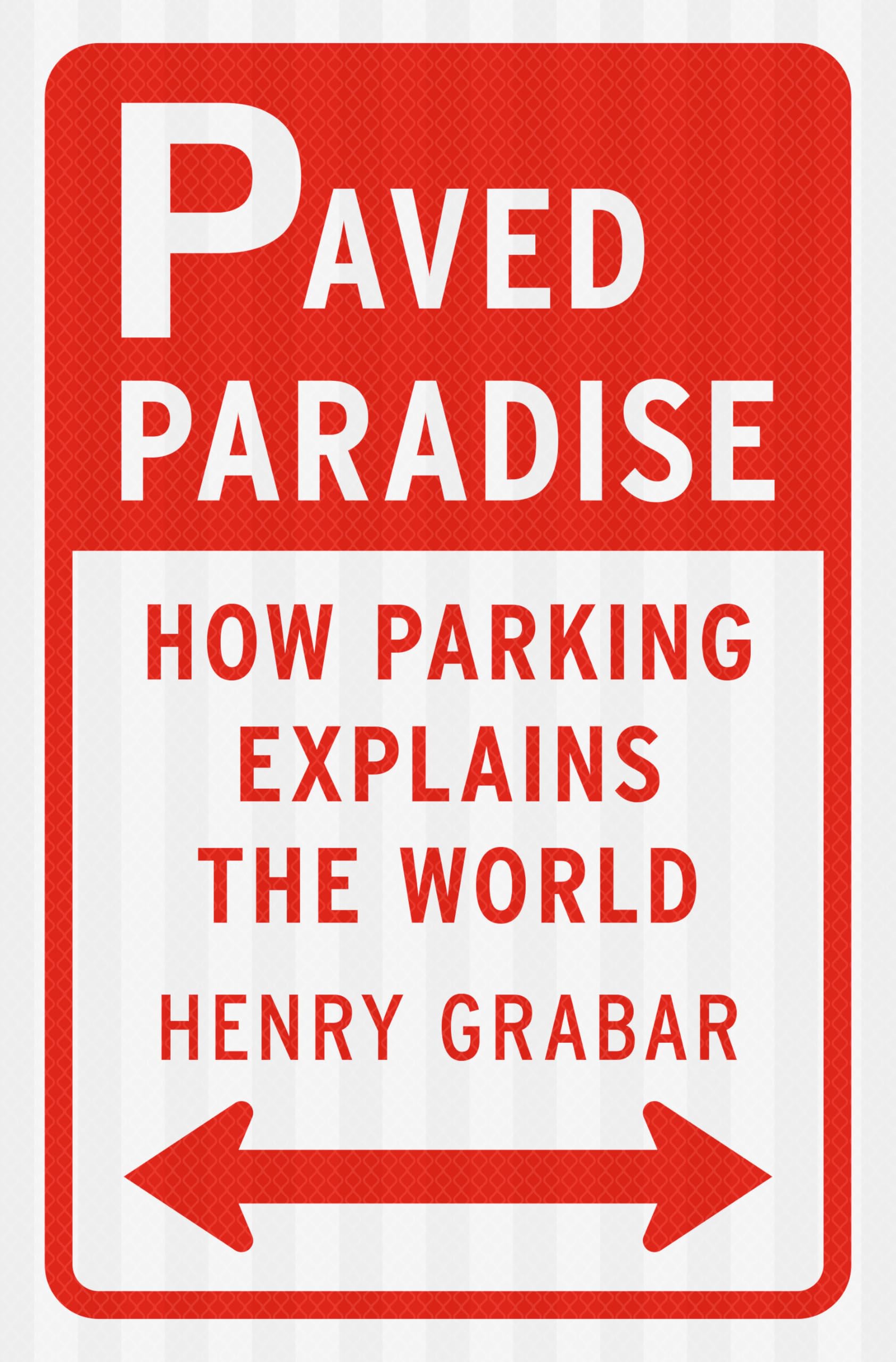Deliver to Netherlands
IFor best experience Get the App


Full description not available
D**S
Completely Entertaining and Informative
Paved Paradise: How Parking Explains the World is a very entertaining read. You will learn facts and stories on the subject which you might never have imagined could be so interesting and at time amusing. It's an easy read very well written. I recommend it highly
E**E
Compelling stories with just one major omission
Henry Grabar builds on the works of others to share the history of parking and make a compelling case for new approaches to how we manage parking in our cities. He includes engaging stories and examples that kept me enthralled from start to finish (which isn't the easiest thing to do when your subject is parking!).The major omission from this book, for me, though, was the inclusion of photographs! I found myself having to repeatedly stop reading and use my phone or laptop to find photographs of the subjects he was discussing. I've got to imagine, especially with some of the older historical stories he was sharing, that there were public domain images available he could have used.Other than that, a win for me.
D**
Who knew parking could be more annoying then you ever thought?
I have been in automotive research for 30 years and have become lately aware of the Faustian deal we made when we installed the Federal Highway System in the 1950s. The author does an excellent job of detailing the history of parking and how absurd and arbitrary policies can shaped in an entire country. Who knew that parking so tightly tied in with politics, organized crime, or that Chicago sold all their parking spaces to another country! Good job Mayor Daly! Its a fun and engaging read on what some might think is a dry topic. It highlights, once again, how things we thought were immutable...don't need to be.
A**M
Comprehensive and interesting
The book is a comprehensive review of the regulations regarding parking and their influence on urban life in the USA. I learned a lot.
M**N
interesting
I liked this, but am bigly biased because he cites my book!Having said that, before I read this I was wondering: is this going to be just a popularized version of Donald Shoup's scholarship on minimum parking requirements (not that there's anything wrong with that)? Or is there more to it?The answer is, there is (somewhat) more to it. Grabar certainly explains the negative effects of minimum parking requirements. But his essays cover a wide range of other topics- for example, corruption in the parking industry, why Chicago's public-private parking partnership went wrong, etc.His most interesting point was that changing the rules actually benefits drivers. In New York, street parking is either free or priced at below its market value- which seems good for drivers. But the combination of underpriced parking and complex parking rules means that drivers are constantly tempted to violate the rules in order to find a parking spot, which in turn means both a) lots of revenue for the city but b) unpredictable conditions for drivers, who never know when they are going to be hit with a huge fine. If street parking was a little more expensive, parking in the best spots might be more expensive, but there would be enough parking available which in turn would lead to less illegal parking and thus fewer fines.Also, Grabar explains the relationship between parking requirements and "missing middle housing." As anyone who reviews relevant government statistics may have noticed, smaller apartment buildings (those with between two and four units) were built far more frequently in the mid-20th century than they are today. Why? Because minimum parking requirements mean that a four-flex usually requires five or ten parking spaces, and someone building such a small building cannot afford to buy extra land for parking. For example, bungalow courts were common in Los Angeles before minimum parking requirements were enacted in 1934, and became rare thereafter. Dingbat apartments (that is, with a garage on the ground floor and housing on top) were common until 1964, until stricter parking minimums made those uneconomical as well.
M**T
Hey
It's basically half a book. The second half is acknowledgments and footnotes. It's a fun read however and moves right along
M**R
Parking
Very informative how parking effects the world.
S**N
Instructive and engaging
I’m no expert so I had to trust the reviews that parking policy shapes American cities so fundamentally. But once I started I just couldn’t put the book down. The insights are powerful and the anecdotes so very entertaining. I’ll never look at the curb the same way.
W**!
Great important book
My generation (Baby boomers) are failing to grasp that cars and the real estate they use up are damaging the quality of all our lives. The only arguments baby boomers will listen to are economic ones and this book provides many.
Trustpilot
1 month ago
1 week ago